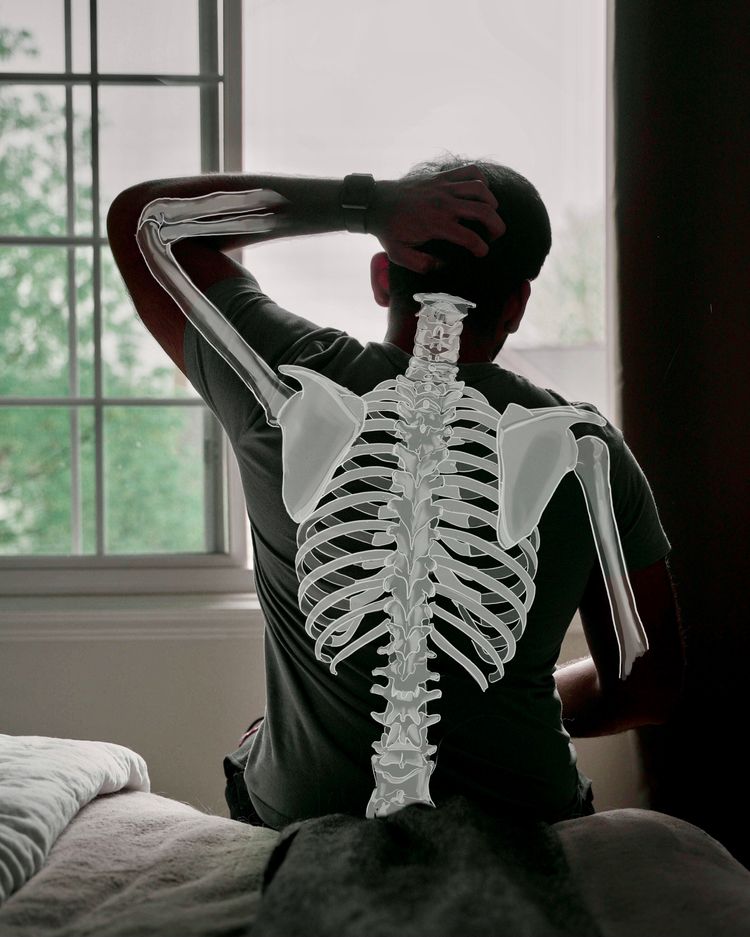How The Doctor-Patient Relationship Should Be

This is one of the most important lessons that I think every physician should learn. It's from a recent book I've read, which has quickly turned into one of my all time favorites, titled Being Mortal by Atul Gawande.
In the past, there have been three revolutions in the doctor-patient relationship.
The first is known as the:
The Paternalistic Model
Dr. Knows Best
This was the most traditional relationship. For example, if a patient was choosing between a red pill and a blue pill, the doctor would say something like:
The relationship is that of a sort of parent-child relationship. If there is a conflict between the patient's well-being or autonomy, health, or choice, the physician would choose the latter.
It's still classically used in less developed areas where there is blind trust in the physician, or the patient is part of a vulnerable population.
The second evolution is the:
The Informative Model
Dr. Teacher
This is a type of consumer relationship between a patient and physician. In this model, the physician's job is to educate the patient on all the relevant information, then the patient is responsible for choosing an option, and the physician will carry it out.
This type of relationship is revered in today's world, it gives the patient lots of autonomy, and it works beautifully when the objectives are clear and the patient's preferences are straightforward.
But here is where my concerns lie:
1) I believe sometimes providing autonomy for patients is a guise for shifting responsibility off of the physician.
2) Providing a series of choices to patients whose preferences aren't well understood can leave them more anxious than satisfied. This idea is commonly known as choice paralysis.
The truth I don't think either type is what patients truly want. We want information and control, but we also want guidance.
From here we come to the third model:
The Interpretive Model
Dr. Counselor
This is personally my favorite model.
In this model, the physician's responsibility is to understand the patient's goals and wishes. It's to be able to ask questions to understand what the patient truly wants.
Sometimes this requires more than just a simple question, it requires getting to know the patient and understanding more than wants. It's what philosophers call "second-order desires" – desires about our desires.
From there, the physician would educate the patient on the medical side of the situation, and explain how they can reach the goal of the patient.
The clearest example of these approaches would be in terminally ill patients.
Say your patient's cancer prognosis says she has 3 years to live with aggressive treatment strategies. Without any treatment, she might survive a year.
The paternalistic relationship says do whatever it takes to help her live as long as she needs.
The informative relationship says to tell the patient their choices and ask them what they want. A quite difficult choice for a patient.
The interpretive relationship says to find out the patient's goals and worries. Say her biggest priority was to be able to attend her daughter's wedding, and you realize that the aggressive treatment might leave her too weak to. Then perhaps the treatment isn't the best choice.
The interpretive model isn't about simply helping the health of the patient as the physician deems, it's to achieve the goals of the patient.
The Benediction
(Conclusion)
If there's any lesson to take away from this, it's this:
Our health is more than a count of the amount of time we have lived. It's governed by our desires, and the things we place importance in. Whether that be to watch our children grow up, be able to see our partner smile, or simply feel the sun on our skin.
As physicians, protecting our patient's health is our primary goal, and sometimes in our attempt to salvage every ounce of time, we forget that maybe a life without the things we value isn't much of a life at all.
Next time you interact with your patients, talk to them about what they find important. Most times, it will probably be the same thing you want for them, but simply the act of asking and getting your patients involved is the process that will be life-changing.
I believe in a world with a surplus of information, where anyone can just WebMD a condition, what we desire the most is someone to guide us. Someone we can trust to understand what we want and help us get there.
I believe that to be the pinnacle of the sacred relationship between a patient and their physician. That's what we should all aspire towards.
-Karthik





Comments ()